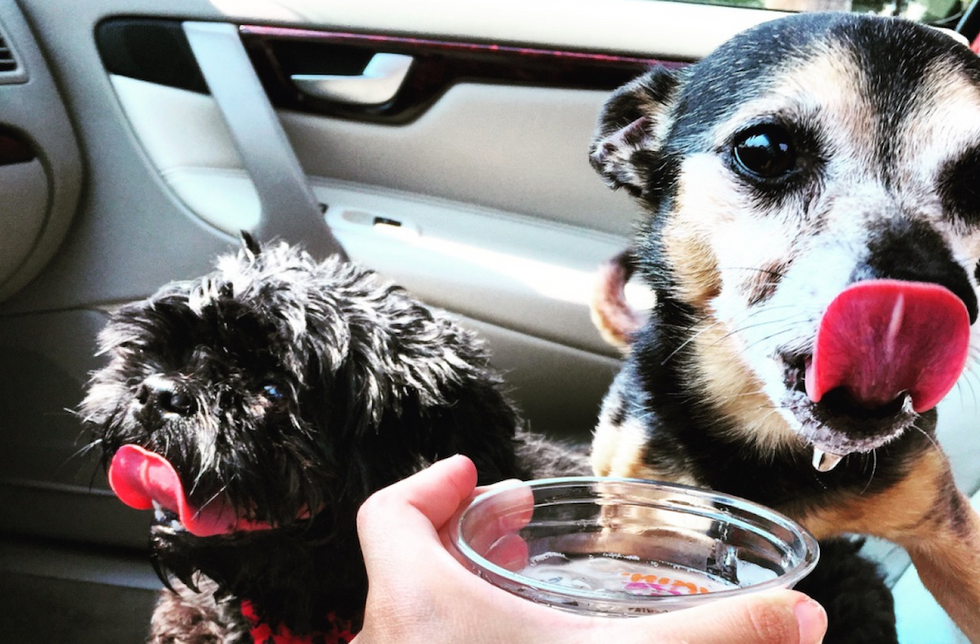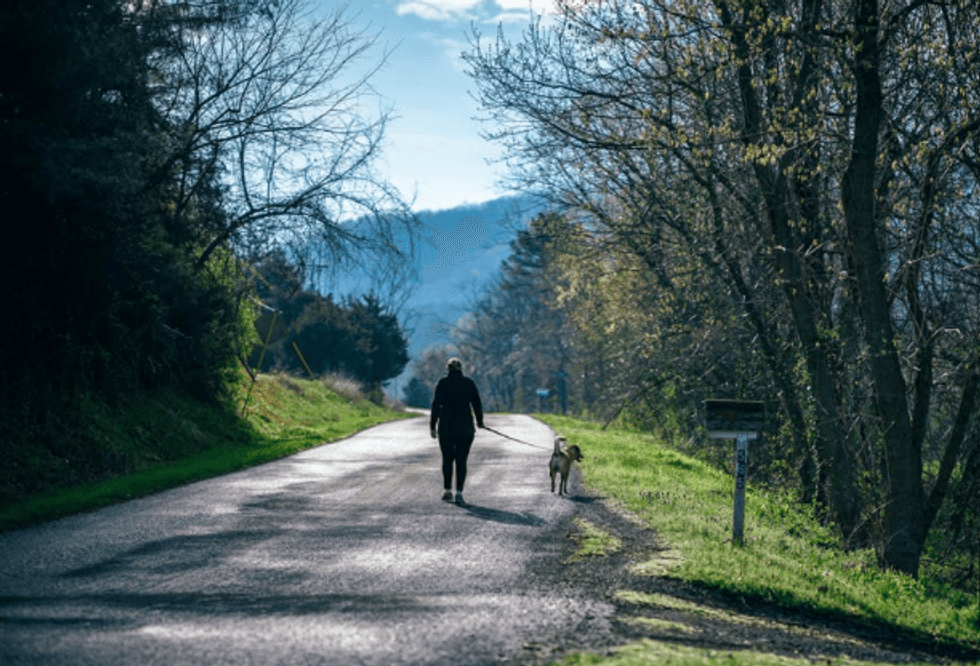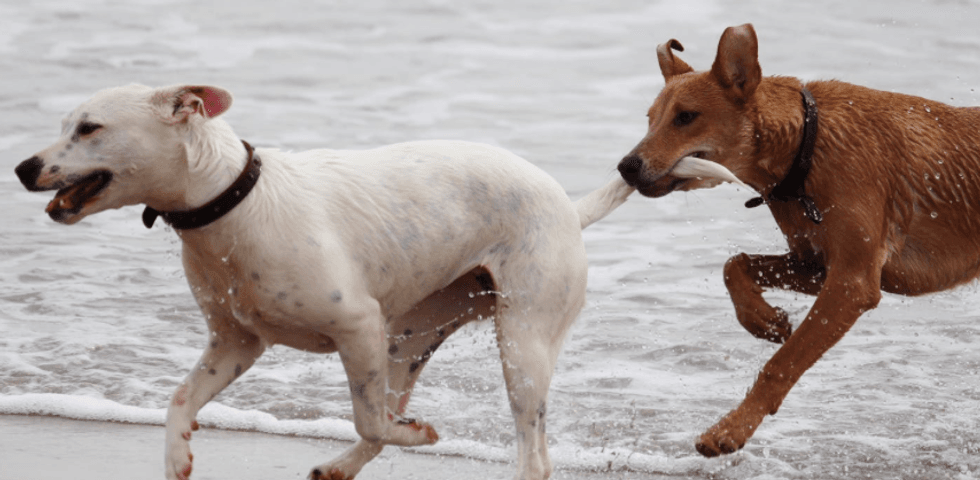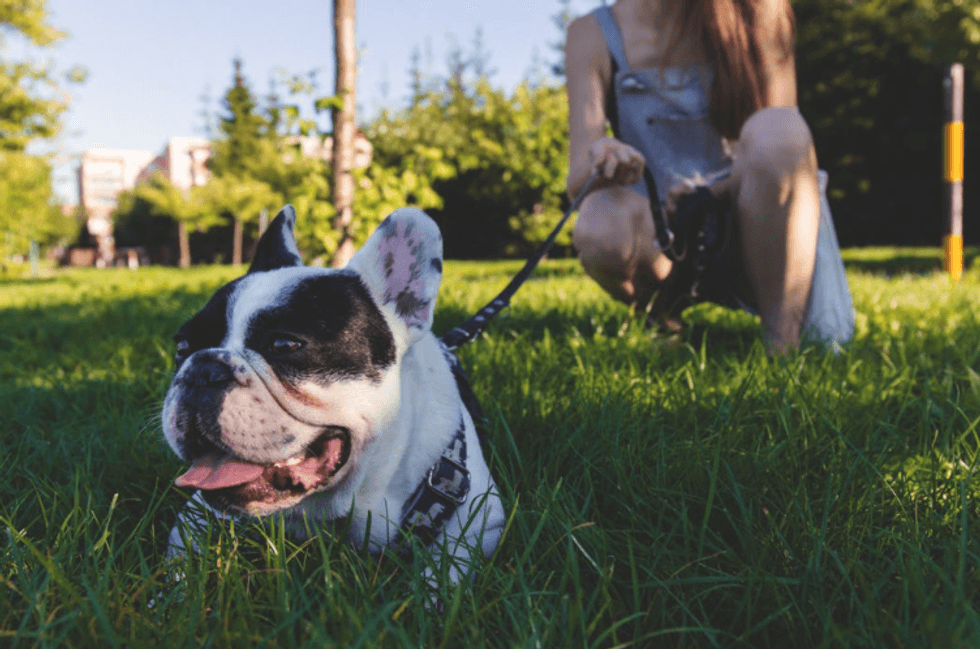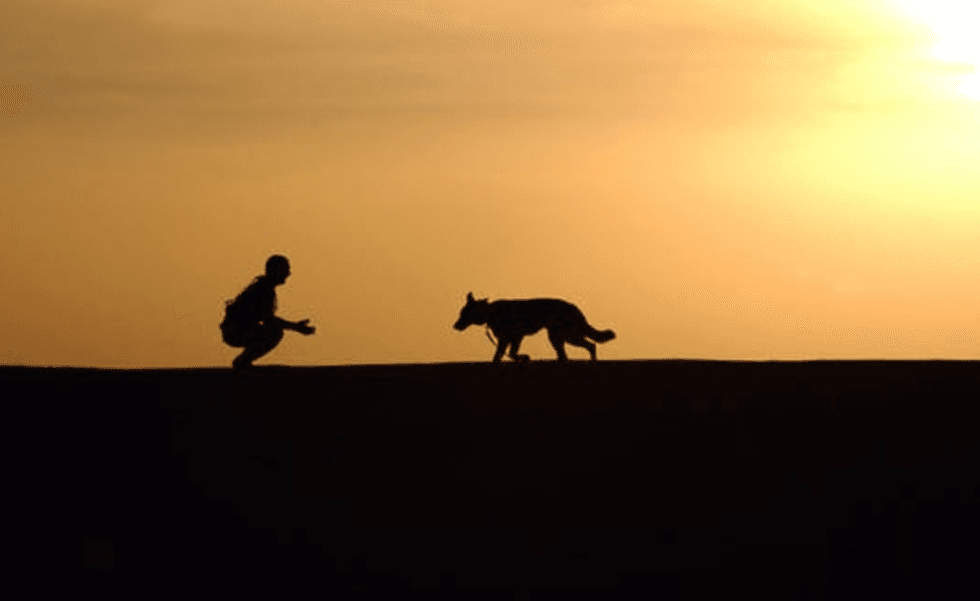No matter how many times we experience loss, saying goodbye is never easy. Losing a beloved pet comes with difficult moments as we reminisce about memories and process an inevitable truth. Although all creatures feel emotions, not all can rationalize the way we, as humans do.
It’s been five weeks since losing my best friend, Blackie. He didn’t just belong to me, but to our other furry pal, Cole. He has known Blackie his entire life and they have enjoyed different adventures together. My family and I knew it would be hard for Cole, but we weren’t sure as to what capacity.
After a failed search throughout the halls and corners of our home, Cole became sluggish in his movements. Although he didn’t show any change in his eating habits, he wouldn’t react the same to his toys and would wake us up at strange hours of the night with his cries.
Although we are still grieving the loss of our Blackie, Cole’s loss requires us to meet him with our best strength yet. Here are some ways to help your grieving dog after losing their furry friend.
1. Make Sure Routines Don't Change
Domestic dogs thrive in a consistent and steady environment. It gives them a sense of security and confidence in what to expect even when things do change or take a turn. After experiencing a loss, it is important that routines remain the same for the sake of their mental and physical well-being. There shouldn’t be any changes in their feeding schedule, walks, or playtime. Ensuring a consistent schedule keeps a sense of normalcy during heavy transitions.
2. Be Careful Not To Show Dramatic Emotions
As I mentioned, this is a time where a pet owner needs to meet their pet with strength. Your furry friend is sensitive to your emotions and can feel the energy you emit. It’s okay to turn to your pet for comfort, but be mindful of your presence and approach. You want your dog to heal, not revert.
3. Schedule Playdates
Luckily, Cole’s brother, Peanut, lives with my aunt nearby. Regularly interacting with other pets can remind your dog that the world is still spinning. Other options include bringing your pet to the dog park. Just make sure it isn’t done too soon. You want to make sure your dog is progressing first to prevent any negative episodes toward another animal.
4. Nature is the Best Medicine
Blackie and Cole really enjoyed walks at the park and near the waterfront. This should continue to remain in your dog’s life. It gives them the opportunity to interact with new smells and experiences in a healthy way.
5. Give it Time
This is the most important tip of all. Time on its own doesn’t necessarily heal, but when it’s paired with new experiences and positive reinforcements the outcome can be extremely beneficial. Remain compassionate and be there for your dog the way your dog has always been there for you.
NOTE: If you feel that your pet isn’t progressing, make an appointment with your veterinarian to prevent a decline in health.

